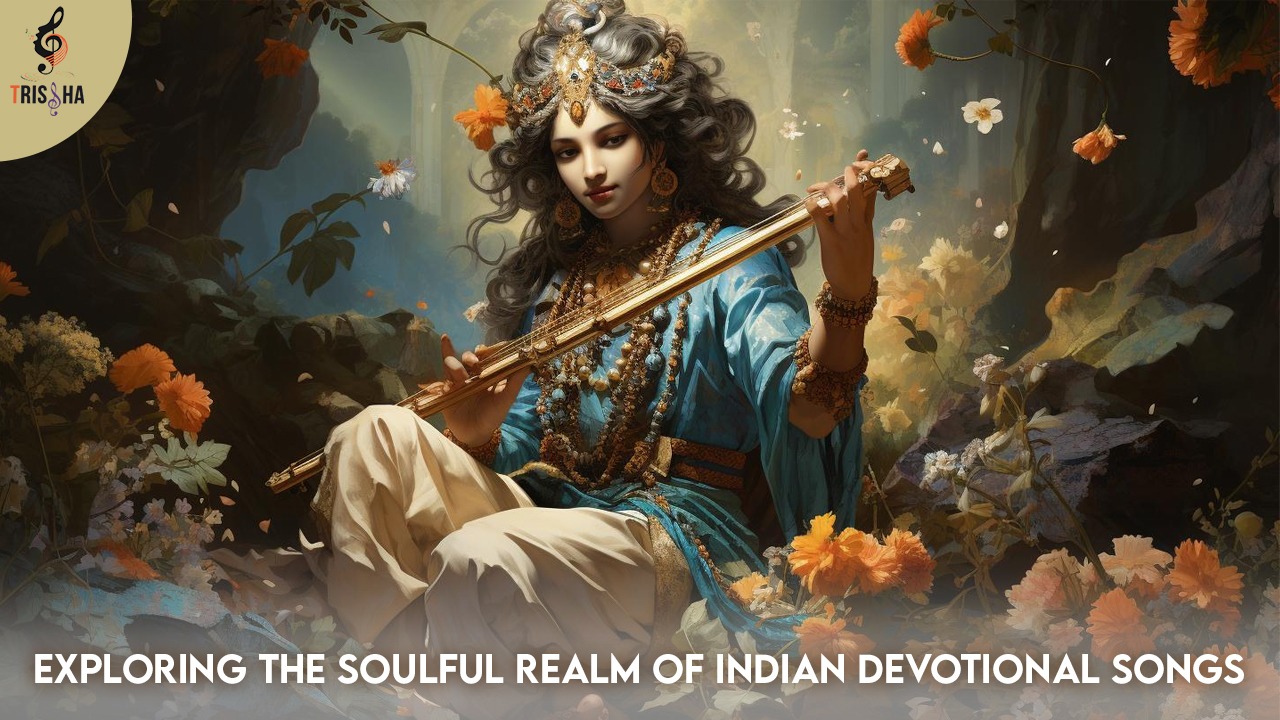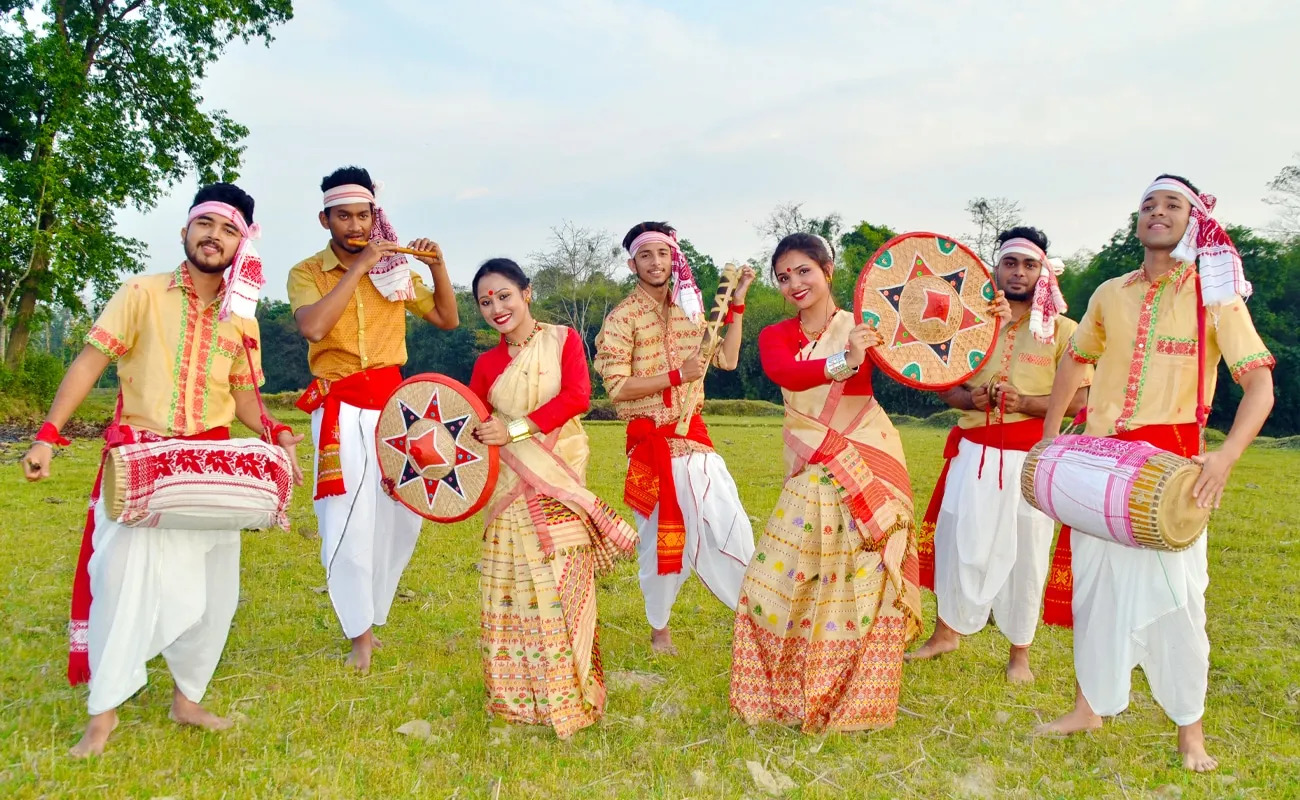Exploring the Soulful Realm of Indian Devotional Songs
India, a land of diverse cultures and traditions, boasts a rich tapestry of music that reflects its spiritual essence. At the heart of this musical heritage lies the profound genre of Indian devotional songs, a genre that transcends boundaries and resonates deeply with the spiritual fabric of the nation.
Indian devotional songs, known as “Bhajans” or “Kirtans,” have a time-honoured tradition that dates back centuries. Rooted in the spiritual practices of various religious communities, these soul-stirring melodies serve as a means to connect with the divine. The beauty of Indian devotional music lies not only in its religious significance but also in its ability to evoke a sense of peace and tranquillity.
One of the distinctive features of Indian devotional songs is their diversity. Different regions and communities have their unique styles, instruments, and languages that contribute to the vast mosaic of devotional music. Whether it’s the mellifluous “Bhajans” in Hindi, the rhythmic “Kirtans” in Bengali, or the soulful “Keertanas” in Carnatic music, each form carries its own charm and significance.
Devotional songs often serve as a bridge between the material and the spiritual, creating an atmosphere of reverence and devotion. The lyrics, usually drawn from ancient scriptures or composed by revered saints, convey profound philosophical and spiritual messages. The essence of love, devotion, and surrender to a higher power is beautifully encapsulated in these verses, transcending linguistic and cultural barriers.
In the realm of Indian devotional music, the Bhakti movement has played a pivotal role. The movement, which originated around the 7th century, emphasised the personal and emotional connection with the divine, rather than rigid rituals. This shift in perspective greatly influenced devotional music, giving rise to compositions that resonated with the common people, fostering a sense of unity and inclusivity.
The melodic instruments accompanying devotional songs contribute to the ethereal experience. Harmoniums, tablas, sitars, and other traditional instruments create a symphony that elevates the soul. The rhythmic patterns and intricate melodies enhance the spiritual journey, making devotional music a holistic and immersive experience.
A significant aspect of Indian devotional songs is their role in various religious and cultural celebrations. Whether it’s during festivals, religious ceremonies, or personal moments of reflection, devotional music becomes a unifying force, bringing communities together in shared spiritual experiences. The collective singing and chanting create an atmosphere charged with positive energy, fostering a sense of unity and harmony.
Modern interpretations and adaptations have also breathed new life into Indian devotional music. Contemporary artists infuse traditional tunes with modern sounds, making devotional songs accessible to a broader audience. This fusion not only preserves the cultural heritage but also allows the younger generation to connect with their spiritual roots in a contemporary context.
In conclusion, Indian devotional songs stand as a testament to the deep spiritual roots of the country. Their timeless melodies, meaningful lyrics, and cultural diversity make them a cherished part of India’s musical heritage. As we delve into the soulful realm of devotional music, we find not just a collection of songs but a journey that transcends the physical and connects us with the divine.







There are no comments